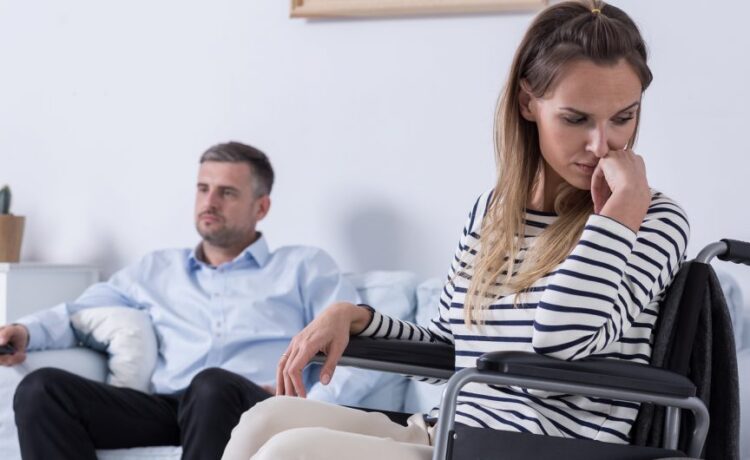Normally when you suffer injuries as a result of an accident, your spouse may also suffer as a result of the incident. A person’s life can be worsened by an accident-related injury in terms of functionality, but harm can also manifest in other ways, like losing a companion or the quality of a marriage. The victim’s spouse may be eligible to file a claim for compensation in such circumstances. At Freeburg Law, a personal injury lawyer can help. It’s crucial to keep in mind that, in addition to receiving compensation for your spouse’s injuries, you may also be entitled to further compensation if you can prove that the incident has negatively impacted your marriage or your relationship with your partner. Loss of consortium is the umbrella term for these claims.
What is loss of consortium?
These claims exist to compensate for the damage that any kind of accident has caused to spousal relationships. If one feels that their relationship with their spouse has changed and they are no longer able to enjoy each other’s company or do things that they formerly loved because of the injuries caused by the accident, they may be entitled to compensation for loss of consortium. Any form of interpersonal or emotional loss may also fall into this category.
What will you need to demonstrate?
In certain circumstances, the court or insurance company may ask the victim to provide proper evidence of a valid domestic relationship or marriage in order to get compensation. The spouse also has to prove that the partner is in excruciating pain, which has inevitably caused friction in their marriage. There needs to be a connection between the injury and the issues in marriage.
You are entitled to non-economic damages as a victim if you lose consortium. You must keep in mind, though, that any medical costs you incur as a result of the injury or any lost employment opportunities are not covered by your claim for compensation. Damages for merely “pain and suffering” are admissible in court.
Final thoughts:
The state has limited the claim to pain and suffering so that the sufferer and their spouse won’t receive double compensation. A claimant may also request compensation for pain and suffering in addition to economic damages. This claim seeks to incorporate the spouse as a party to a pain and suffering claim since, in a marriage, both partners bear the burden of the consequences of injuries incurred due to the spouse’s suffering caused by the accident.





